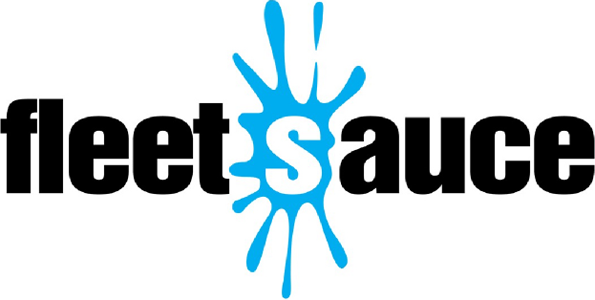
Cash Vs Car
It’s time to celebrate, you’ve been offered the job of your dreams and it comes with a company car or cash allowance.
Both options are appealing but calculating the tax implications of a company car and weighing them up against the cash alternative can be a minefield for drivers new to the world of employee benefits.
There are pros and cons to both options, but which is the best option for you? We look at the key considerations for choosing cash or car.
Company car
One of the main advantages of a company car is that it’s hassle free. You choose your vehicle from a range offered by your company and the rest is arranged for you. If a company car scheme is in place it’s likely, you’ll be given a point of contact such as a fleet manager or HR manager or they’ll outsource the fleet management to a company such as Fleetsauce which will have a dedicated driver line. Service and maintenance is usually covered in the package along with insurance and breakdown.
You don’t have to arrange finance or dispose of the car when you’ve finished with it as companies usually lease a fleet of cars for their employees. You either hand the car back or change it for a new one at the end of the fleet cycle which is usually three to four years.
Most companies will provide a set company car list which can limit your choice, they may limit the engine size or put restrictions on CO2 emissions which can again be limiting.
One of the downsides to a company car is that you must pay company car tax or more formally known as Benefit-in-Kind (BIK).
Tax
A company car is classed as a perk or benefit on top of your salary which means it’s taxable. You’ll pay BIK based on a banding provided by HMRC. The amount of tax you pay depends on the amount of CO2 your vehicle produces and its P11D value which is the list price of the vehicle. This includes extras and VAT but does not include the first-year registration fee and vehicle excise duty, better know as car tax.
There are calculators available online which enable you to check how much tax you’d pay on a vehicle.
Company car pros
- Fixed monthly costs
- A new car every three or four years
- Servicing, maintenance and insurance covered by your company
- Access to a fleet manager or fleet support
Company car cons
- Subject to company car tax
- Most companies will have a car choice list which can be limited
- You never own the car
Cash allowance
The option of a lump cash sum can be appealing to some drivers which may already have a car so opt to pocket the cash.
One thing to bear in mind is that the cash, which is usually given as a lump sum split across 12 months, must cover all aspects of motoring from the purchase of the car whether this be a lease or outright purchase to maintenance, servicing, insurance and general running costs. The amount given will usually be what your employer would have paid to lease a car.
You do have a wider vehicle choice with the cash option as you can opt for any vehicle so if you’ve had your eye on a two-seater coupe then go for it. Purchasing a car will also give you an asset which you’ll be able to sell in the future.
On the downside there’s no escaping the tax man with the cash allowance as you’ll be liable to tax on the monthly allowance. The money will be added to your annual salary which makes it subject to personal income tax. So, depending on whether you’re a 20% or 40% tax payer this can dent your monthly spend.
It’s also worth remembering that if the allowance takes you over your 20% or 40% threshold, as it’s added to your salary, it could impact on the amount of tax you pay.
Sourcing a new car with a cash allowance
It’s highly likely you’ll have to finance the purchase of a new vehicle unless you opt for a bank loan or hire purchase agreement to purchase outright.
Leasing is one of the most popular options for those opting for a cash allowance. You pay an initial deposit or initial rental as the leasing firms call it along with a monthly fee and then hand the car back usually after 12 months to five years. You never own the car, it’s basically a long-term hire but opting to lease can give you access to a brand-new car for minimal hassle and if you choose to include maintenance in the package it can be like a company car.
Cash allowance pros
- Choose any vehicle
- If outright purchasing the car is yours to keep
- Use some of the allowance as a cash boost
- Change the vehicle as often as you like
Cash allowance cons
- You must pay for servicing, maintenance and insurance
- If financing the vehicle, you are eligible for all financial costs
- More researching and planning involved
Fleetsauce has a panel of advisors which can help with any issues on a company car or cash allowance.
Please contact us for a free no-obligation chat.
 Expert Advice
Expert Advice  Competitive Prices
Competitive Prices Road Tax & Roadside Assistance
Road Tax & Roadside Assistance Free National Delivery
Free National Delivery Full Manufacturer’s Warranty
Full Manufacturer’s Warranty





